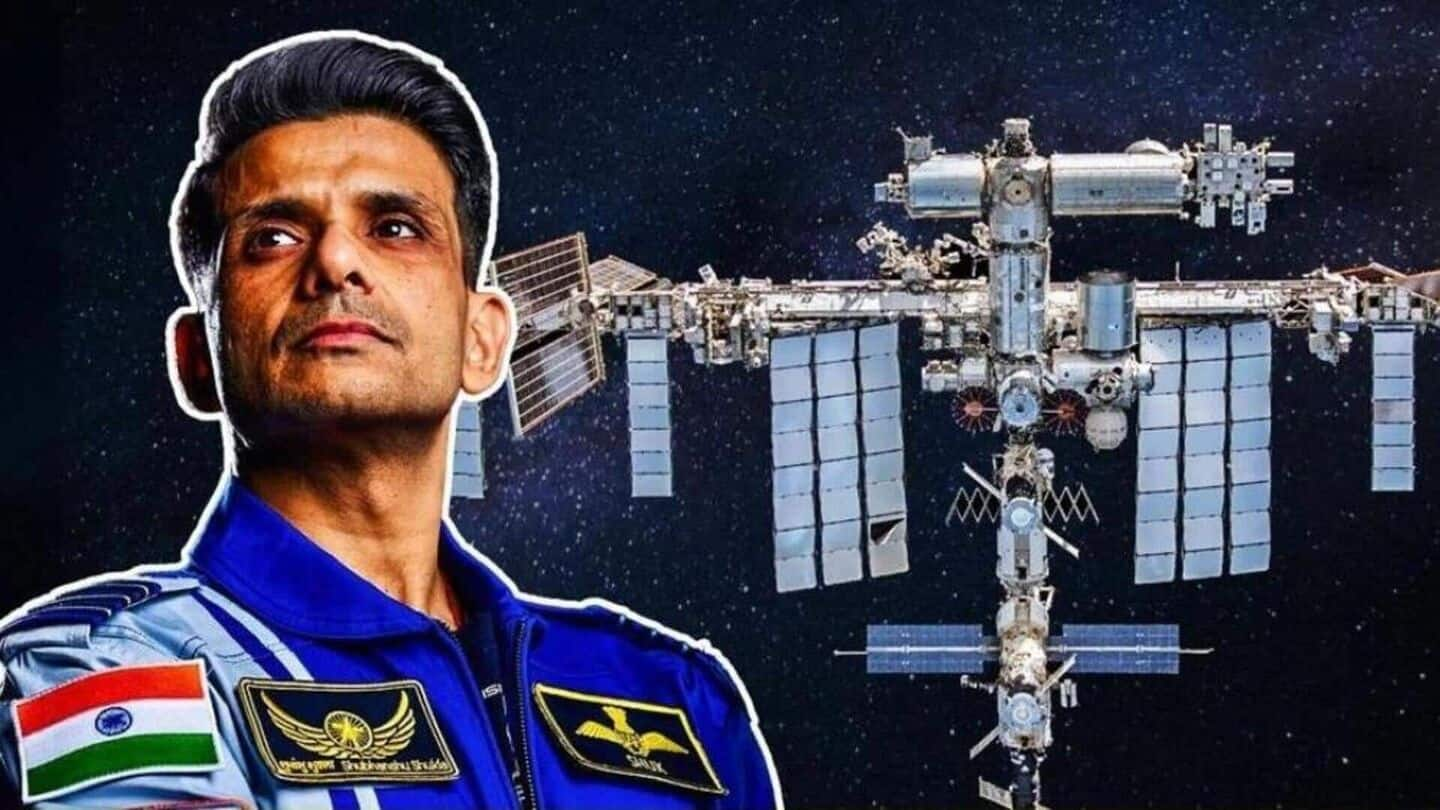
Shubhanshu Shukla conducts experiments on muscle health, digestion in space
What's the story
Indian astronaut Shubhanshu Shukla, who is currently on the International Space Station (ISS) as part of the Axiom Mission 4 (Ax-4), has conducted a series of scientific experiments. The studies focused on muscle health in space and digestion in microgravity, with participation in a mental well-being study. The experiments were performed inside the Kibo laboratory's Life Sciences Glovebox.
Research details
Study on muscle stem cells in microgravity
Shukla studied muscle stem cells in microgravity, a key part of ISRO's myogenesis experiment. The study looks at how muscle cells regenerate in space and tests metabolic supplements to improve muscle repair. The findings could contribute to developing treatments for age-related muscle loss or diseases on Earth, while also improving astronaut health during long-duration spaceflights.
Outreach effort
Educational video for students
Along with his scientific work, Shukla also recorded an educational video for Indian school students. The video explained how the human digestive system adapts in space. This initiative is part of a broader effort to engage and educate young minds about space science and its challenges.
Collaborative efforts
How other crew members contributed to research
The other members of the Ax-4 crew also contributed to scientific research. Mission Commander Peggy Whitson used the Ultrasound 2 device to perform vein scans on Hungarian astronaut Tibor Kapu, helping understand how space affects blood pressure, balance, and vision. Polish astronaut Slawosz Uznanski-Wisniewski tested a brain-computer interface with a special headset developed by ESA. He later joined Whitson and Shukla in filming content for an astronaut mental health study.
Ongoing studies
Expedition 73 crew continues to work on NASA, ESA missions
The Ax-4 mission is running alongside the work of the ISS's regular Expedition 73 crew. While Ax-4 focuses on privately funded science, Expedition 73 astronauts continue to work on NASA and ESA-backed research related to human health and biology in space. This includes muscle stimulation tests using biomedical equipment to examine how muscles react to electrical signals and cognitive tests studying how spaceflight affects brain function.